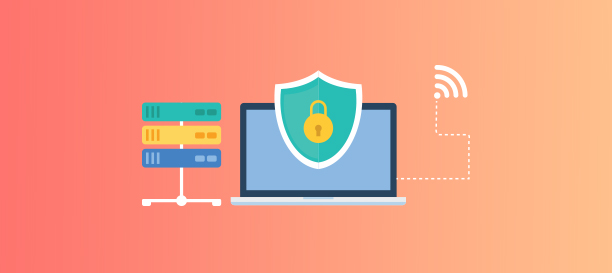
Three Infrastructure tools to protect your business.
Here are three infrastructure tools that you should consider to protect your business.Uninterruptible power supplies
In the event of a power outage, will you lose data access? UPS systems are available to help keep your businessoperational in the event of a power outage. These solutions can run from very simple systems, to enormous batterysupported systems that can keep very large hospitals operational. An MSP is an excellent resource for evaluating a UPSsolution appropriate to your situationSoftware as a Service SaaS.
SaaS is something we use quite a bit and may not even recognize. If you started your business 15-20 years ago, you mayremember buying a business license for office products that included a word package, spreadsheet and presentationsoftware. The license allowed you to download that software to x number of machines. Problem? The software itself, aswell as the documents produced, exist on that particular machine. The machine fails, or you have a flood andcannot getinto the office, or want to work from home, this model doesn't cut it. As a result, everyone is moving to SaaS. Thismeans you are accessing both the software and your documents in a cloud somewhere far away from your physical offices.It also means your software and documents are protected from cyber criminals to a degree not possible on a localmachine.Voice over Internet Protocol
VoIP is the place to be for the most robust and flexible telephone system. If you haven’t done so already, it is time tomigrate to VoIP. Unlike an old fashioned PBX or key system, (basically a small, office-based phone exchange that stillrelies on telco wires) VoIP handles voice communications via the internet. This means far more flexibility when usingyour “office“ phone. Now you can work using that number from the office, car, home or a tropical island. It alsoprovides many more features beyond a simple v-mail box. Email, v-mail and text messaging start to blend together andwhichever is most convenient at any one time, you can use.In summary, protecting your digital assets should be a concern not just for the IT department. Because your digitalassets are critical to your business's operations, strategies to protect them should be addressed, designed, andsupported at the highest level.These are Board and C-suite level issues. For smaller businesses with limited ITresources, a managed service provider can become the ideal partner in working with your top management to develop aplan.

Comments
Post a Comment